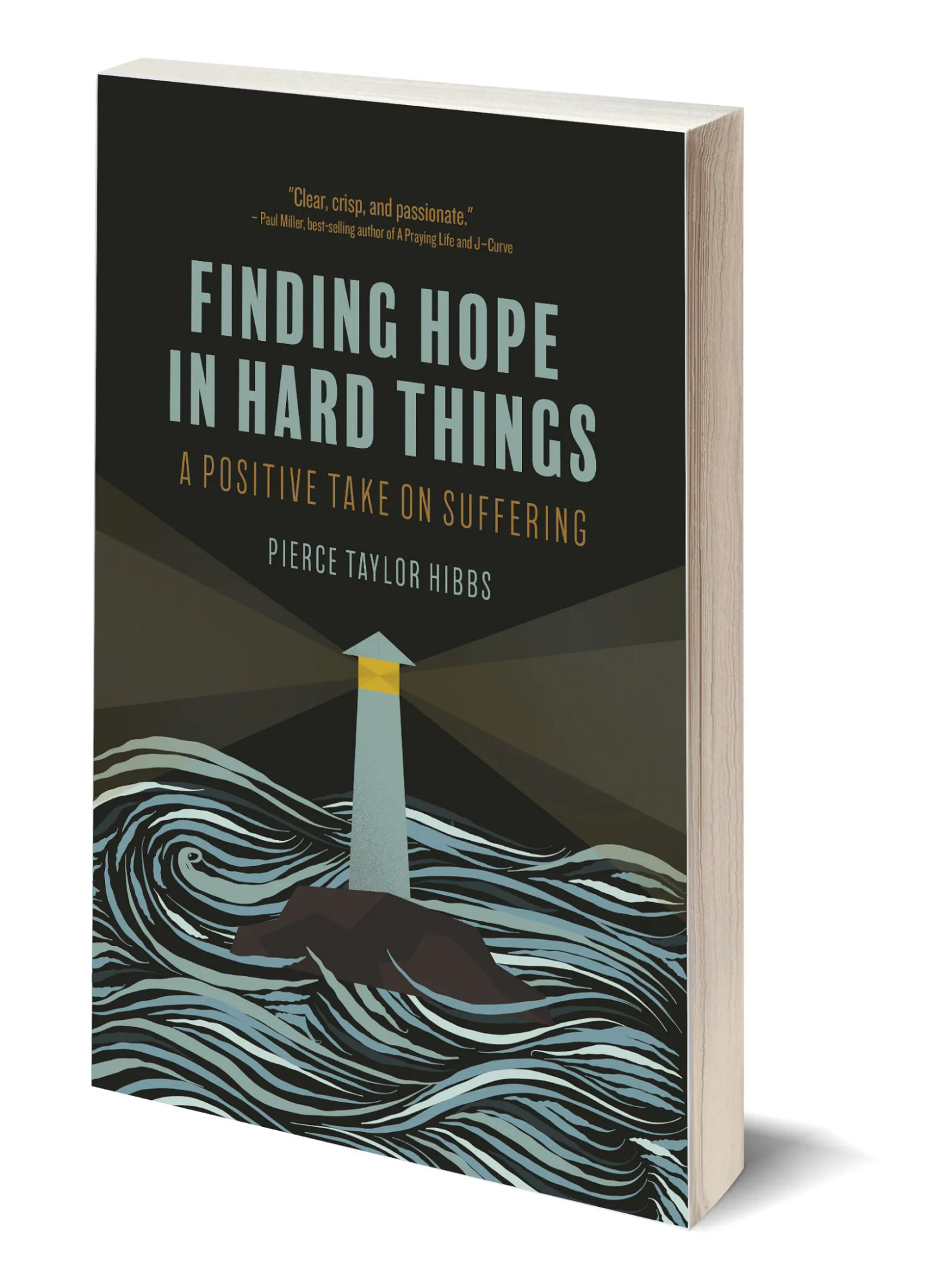The Last Gift of a Dying Dog
There is more . . . much more than this immanent frame.
Someone from Britain once told me that the British show more affection for their dogs than for people. Regardless of whether that’s true, I can see why it could be—and not just for the British. Dogs possess a mysterious gift for non-verbal communication. They speak without speaking. And buried deep in their eyes is a wild sanctity for life—a purity of passion that thuds forward, pawing the present with impermanence. Mary Oliver often brought this out in her poetry, such as the one below, “Percy (Nine)” from her Devotions (p. 34).
Your friend is coming I say
to Percy, and name a name
and he runs to the door, his
wide mouth in its laugh-shape,
and waves, since he has one, his tail.
Emerson, I am trying to live,
as you said we must, the examined life.
But there are days I wish
there was less in my head to examine,
not to speak of the busy heart. How
would it be to be Percy, I wonder, not
thinking, not weighing anything, just running forward.
So, it was with a heavy heart yesterday that I took our dog, Mickey, to be put down. Mickey was a black, flat-coated retriever who looked more like a bear than a dog. He was only 8, but he battled an aggressive form of cancer. He fought well, through weakness, dehydration, and joint pain. And as he neared the end, I found myself saying, “It’s okay. It’s okay, bud. Your door is coming.” You’ll know what that means in a minute.
It’s okay. Your door is coming.”
Mickey’s passing didn’t just wring my heart like a sponge. It also refreshed an ancient truth for me, intersecting with another source of insight lately: Charles Taylor’s A Secular Age. Taylor’s goal in the book is to show how being a person of faith seemed the only possibility 500 years ago, whereas now faith is one option among many, and not a popular one at that. One of the factors that explains this for him is something called immanence or what he calls the immanent frame. That’s a fancy way of saying that, over hundreds of years, people have given up hope that there’s anything beyond the tangible world at our fingertips. All we have is what’s in front of us. There’s no transcendent God, just an immanent and impersonal universe.
Theologians have long held to the double truth of God’s transcendence and immanence, his being beyond us and yet with us. We might think of God as a big circle above us, with a line connecting him to creation. That line is God’s revelation of himself to us. Taylor’s argument is that Western society has steadily been rejecting the line that ties us to God and is trying to live as if this world is all there is: the immanent frame. They are trying to cut the connection to God so that they can feel independent and autonomous.
The problem is that the best you can do as a human is ignore transcendence. We are born with God-awareness. We are two-circle beings, not one-circle. And yet the easiest thing about living seems to be that we forget we live in a two-circle reality. One circle is what we have right in front of us. But we have to leave it. We will each be given a door, an exit, an egress from the immanent frame.
The easiest thing about living seems to be that we forget we live in a two-circle reality.
As Mickey battled his cancer, I kept reminding him (and myself) that his door was coming: the door out of the immanent frame. What’s true for dogs is true for humans. We’ll all get a door.
What bothers me is that I can live so many of my days ignoring the reality of God’s transcendent presence amidst my immanent world. And when that happens, what’s right in front of me seems monumental. Everything expands out of proportion—problems that would be smaller objects in a God-governed landscape become landscapes in themselves. All I see is immanence, and I have trouble even believing that God is there, not just above us and beyond us, but all around us. If we want to see well and live with hope, we have to start staring at God’s transcendence, at eternity, at the door God will one day have for us.
If we want to see well and live with hope, we have to start staring at God’s transcendence, at eternity, at the door God will one day have for us.
Mickey’s passing reminded me that the immanent frame is a lie. There is more . . . so much more. And we have forgotten how to spend more of our time gazing toward eternity than looking at our own feet.
Your door is coming. And so is mine. That was the last gift Mickey gave to me. But that’s not a call to be doleful. It’s a call to hope, a call to think more often about what’s around us from the perspective of where we will be one day.
Looking at today through the lens of eternity makes us bolder, wiser, and brighter in a world that everyone tends to resent as dark and dreary. But it’s dark and dreary precisely because we’re treating it as the only circle. There have always been two circles, my friends. What’s immanent has meaning and purpose only because the transcendent God is here.
If you liked this post, check out Finding Hope in Hard Things, which offers a biblical means for understanding how suffering heals and builds us in God’s wisdom.




